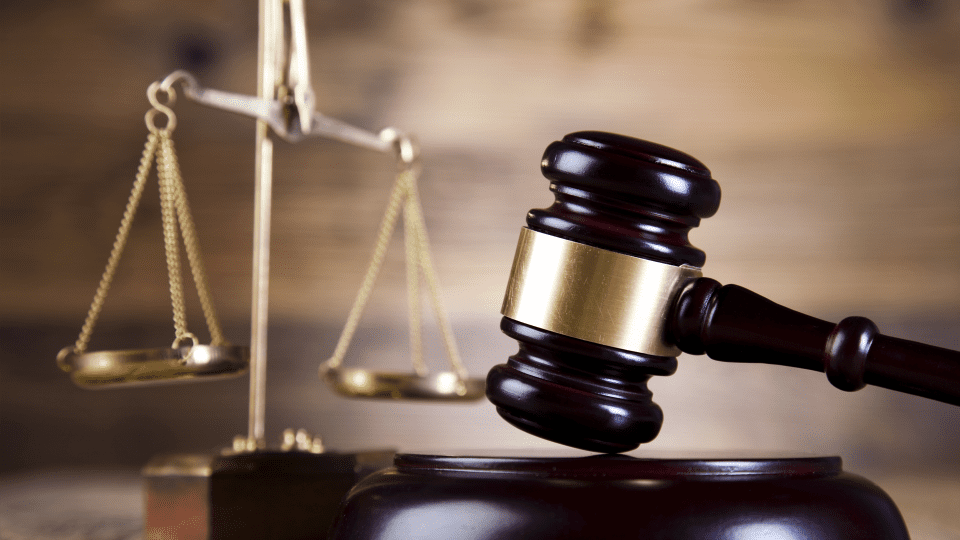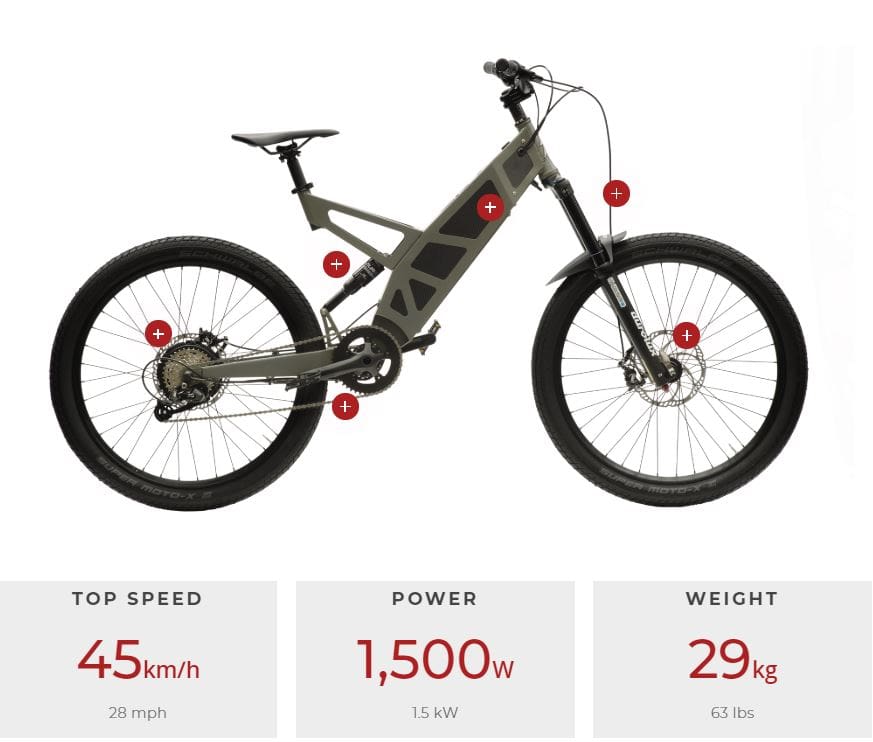Tariff Case Loss A Multi-Million Dollar Blow to Our Industry

There has been a story, bubbling away in the background that we’ve chosen not to report upon until now, because it has been the subject of a legal case.
It’s also a somewhat complex issue, so we’ll start with some background explanation.
Australia’s federal government has the power to impose import tariffs on any imported products.
The core idea behind tariffs is to protect a domestic Australian manufacturing industry from cheaper imported goods. The pro’s and con’s of tariffs have a contentious political issue stretching all the way back to Australia’s Federation in 1901.
In cases where there is no local manufacture, tariffs might be removed entirely, or in other cases, the government keeps the tariff but grants an ongoing exemption, meaning that importers do not have to pay the tariff, provided there continues to be no domestic manufacture.
That was the case for ebikes being imported into Australia. Until without warning in January 2018 those companies importing ebikes from Europe and Taiwan, but excluding China, were suddenly asked to pay 5% tariff on all bikes imported from that day forward.
The reason for the change was that a small Victorian based manufacturer, Stealth Electric Bikes, claimed to the government that they were making a competing bike, so asked for the tariff waiver to cease.
The vast majority of Stealth’s electric bike range are high powered off-road bikes that can quickly accelerate up to 80 kph and more closely resemble motorcycles than bicycles. These bikes cannot legally be ridden on Australian roads.
However, Stealth claimed that one model, the P7 a smaller version of their beefy 1,500 watt P-7R model, met the 250 watt street legal threshold and therefore allowed them to legitimately ask for the tariff exemption to be removed.

Because the legislation includes no requirements about how many bikes need to be made and sold in Australia before the manufacturer can ask for tariff protection, any number is enough to mean that suddenly many thousands of e-bikes per year imported into Australia had a 5% tariff added to their price.
With literally millions of dollars at stake, the major ebike importers contacted Bicycle Industries Australia (BIA) who launched legal action against Australian Customs on their behalf. This proceeded with preliminary hearings and filing of information in June 2019 with a tribunal date finally being set for December 2019
But on 2nd December, BIA’s lawyers advised them that the case would almost certainly be lost. Rather than spend a substantial additional amount of money BIA, in consultation with its members, decided to drop the case.
Although accurate figures regarding the number and value of bikes concerned are not available, one estimate puts the cost of this tariff at $2 million per year. Whatever the figure, it seems certain to rise each year as the market grows.
BIA’s Executive Officer, Peter Bourke expressed his disappointment with the outcome of this case.
“Stealth have demonstrated that they are not interested in growing the Australian market or supporting riders, which was demonstrated when I contacted Stealth to join the BIA a number of years ago,” he said. “Stealth’s response was that they had no interest in talking to the BIA as they were not part of the bicycle industry.”
Meanwhile Stealth’s founder and owner John Karambalis had a completely different perspective.
“I started Stealth in 2008,” he began by way of background. “I’m mechanical and aerospace engineer by background. We manufacture and export our bikes into 30 countries across Europe, the UK, North and South America.
“We do all the design work and electronics in house in our factory at Springvale, which is in south east Melbourne. We do some frame manufacturing in house and outsource some to a couple of local companies.
“We’ve got about 12 full time staff plus some contractors. About 50% of our sales are within Australia and 50% exported overseas. Our distribution in Australia is a mixture of direct sales from our factory or via our dealers.
“We plan to keep manufacturing in Australia. The company is moving in a lot of different directions at the moment. I don’t want to give too much detail, but we’re moving into the fleet market.”

Moving on to the specifics of the tariff concession order case, John was keen to put his side of the story.
“The case did not involve Stealth,” he said. “It was between the Australian Government and another private entity who withdrew last week. I believe that if they had a legitimate argument, they wouldn’t have withdrawn.
“Previously, nobody was on the Australian Customs’ radar, but then they contacted us and asked if we did manufacturing in Australia. We said, ‘Yes’. We did not approach them first. “They informed us that we could apply… I can’t remember the exact details of the conversation, but they told us we could fill out some paperwork and the effect would be that the tariff concession order would be revoked.”
“Given that we do manufacture in Australia and that some of our bikes compete with the imported ebikes, it seemed like a fair and reasonable proposition that it be revoked.”
“Stealth did not create the laws that are in place. We’re abiding by the laws of this country.
“BIA are making Stealth a scapegoat when they should be directing their anger at the government.”
When asked about the fact that the current law does not require any minimum quantity test before the tariff concession order can be revoked, John said, “I don’t know how to respond. Where do you start? There’s different perspectives and hypotheticals that you could throw at it.
“We didn’t create the rules. If the rules were changed, we would work with the new rules and we wouldn’t complain about it.
“When Stealth sends bikes to Europe, tariffs are applied. They’re actually higher (than the Australian 5%) but we don’t complain about it.”
As to how many bikes Stealth is making that comply with the 250 watt standard relevant to this case, John said, “We sent out about 300 of the P7 model in the past 12 months. There would have been about 30% of these sold in Australia and the rest exported. They’re all bikes made in Australia and complying with Australian law. It’s disappointing that BIA has such an issue with an Australian bicycle manufacturer.”
John made it clear that he supports the idea of tariff protection for local manufacture.
“In Germany approximately 650,000 eibkes were made there last year. They have a strong bicycle manufacturing industry. We have talented people here. There’s companies like Titomic who can spray manufacture a titanium frame. We have a company in Geelong making the best carbon fibre in the world. It’s a pity that we don’t get any support, given that the Germans support their bicycle industry with a tariff.”
For more comment on this case, please see our Opinion section.
